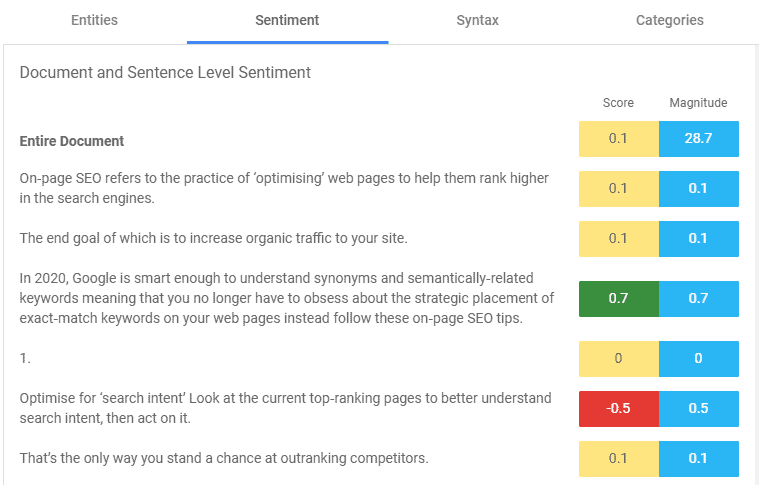“Data Driven”, “Machine learning” and “Data Science” are catch phrases being thrown around in the digital world. Many agencies claim to be data driven, but they’re doing little more than using built in platform bidding tools.
Learn how our digital marketing practice is built on data driven analysis

Co-Founder & Head of Paid Search
Data analytics & machine learning are an integral part of our digital marketing practice. These are some of the exciting new things we are working on every day:
We integrating machine learning in our workflow pipeline to improve client performance.
You can read more about how we’ve implement this in practice below
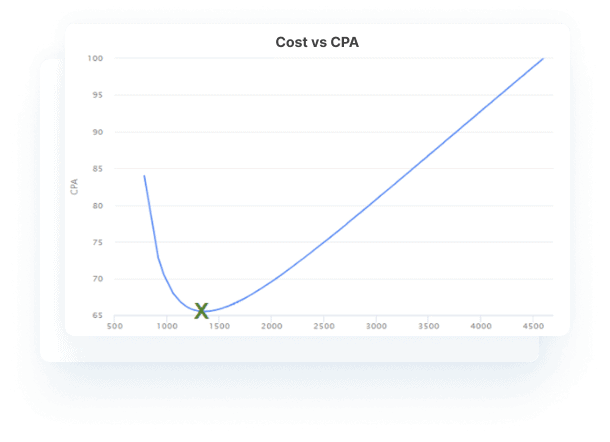

We’re constantly pushing boundaries and searching for ways to improve our clients campaign performance. In a recent project, using our clients customer data we were able to build a machine learning model that could predict high vs low value sales. We were able to predict this to over 95% accuracy. This was hugely valuable to our client as they could tailor their quotes according to the potential sale.
We were then able to take this to the next level by analysing the feature inputs of the model and feeding this information back into our marketing campaigns. This allowed us to ensure we were focusing on high value sales in our targeting criteria, reducing low value clicks and increasing ROAS.
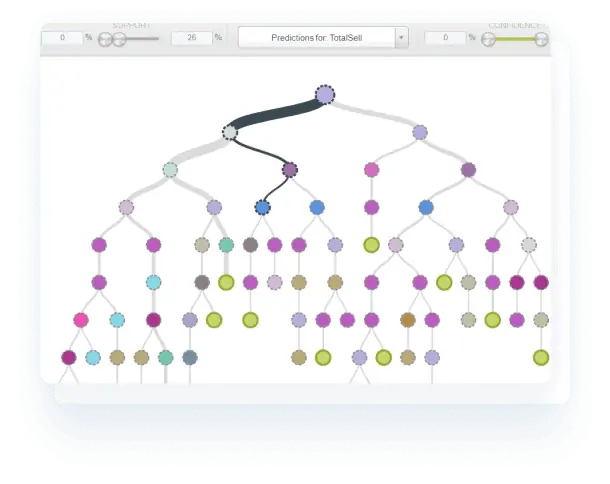
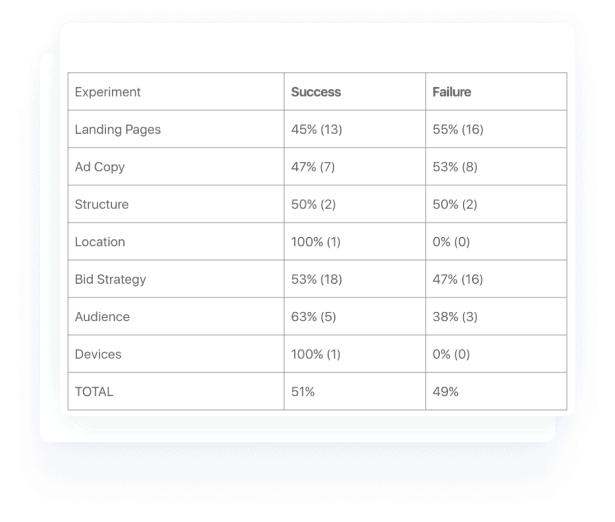

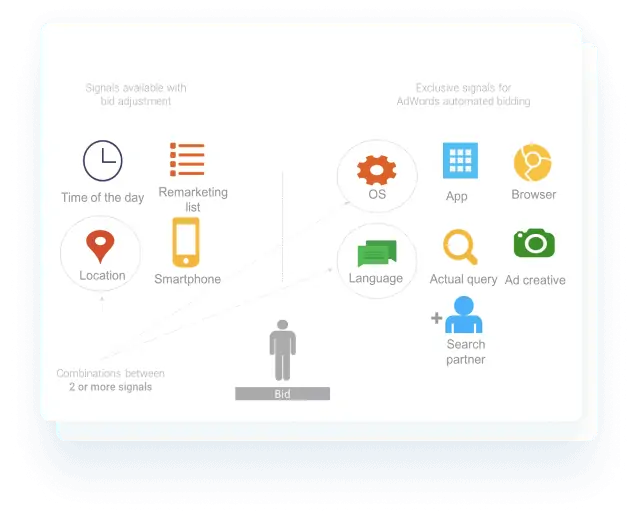
Google is at the forefront of machine learning tools. They have implement recommendation systems, auto-bidding, responsive ads are just some of the example tools available in Google Ads today.
To be at the cutting edge of PPC, we need to be constantly up to date and experimenting with these tools. In our tests we’ve found that auto-bidding to optimise for ROI and CPA can sometimes improve performance, but often fails to meet expectations.
These are new tools and we are working closely with them to extract the best performance we can. It’s important to not jump in blindly to hough and constantly be testing.
We are specialists in using Google’s state of the art dashboarding tool, Google Data Studio. In our commitment to transparency, every new client we onboard receives a dashboard where they can view in real time their campaign performance. Data is at the heart of what we do and we want to share these insights with clients in real time.
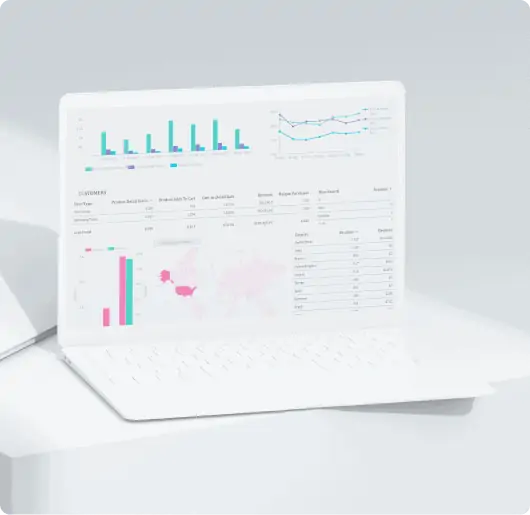
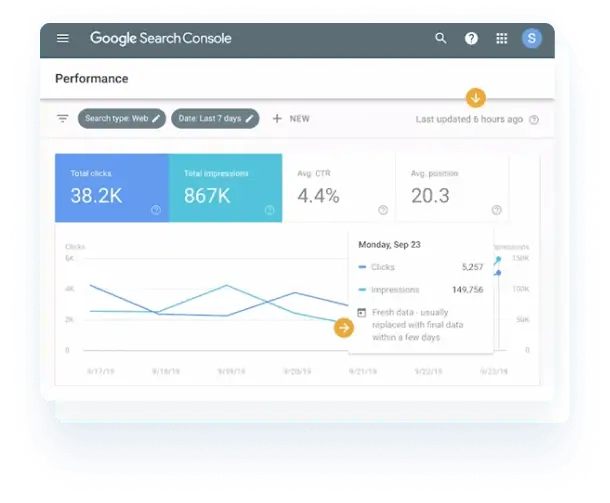
We use a data-driven approach when it comes to SEO. Everything we do relies on data from several tools including:
Natural Language Processing (NLP) uses machine learning to reveal the structure and meaning of text.
One Egg is able to leverage Google’s Natural Language API to see what Google’s machines interpret the content on a web page to be about. This is the same technology used in Google’s Search Algorithm.
The NLP tool analyses content and returns a set of entities found in the text. It provides a Salience Score for each entity which reflects that entity’s relevance to the rest of the text.
We use NLP for a number of applications to improve our clients SEO rankings, content production and Google Ads Quality Score.
For example, we are able review competitor pages that rank well for target keywords. We can compare the returned entities and their Salience Scores with our own clients landing pages. Outcomes can be used to adjust word counts of entities to improve the way the content is viewed by machines in favour of our target keywords.
